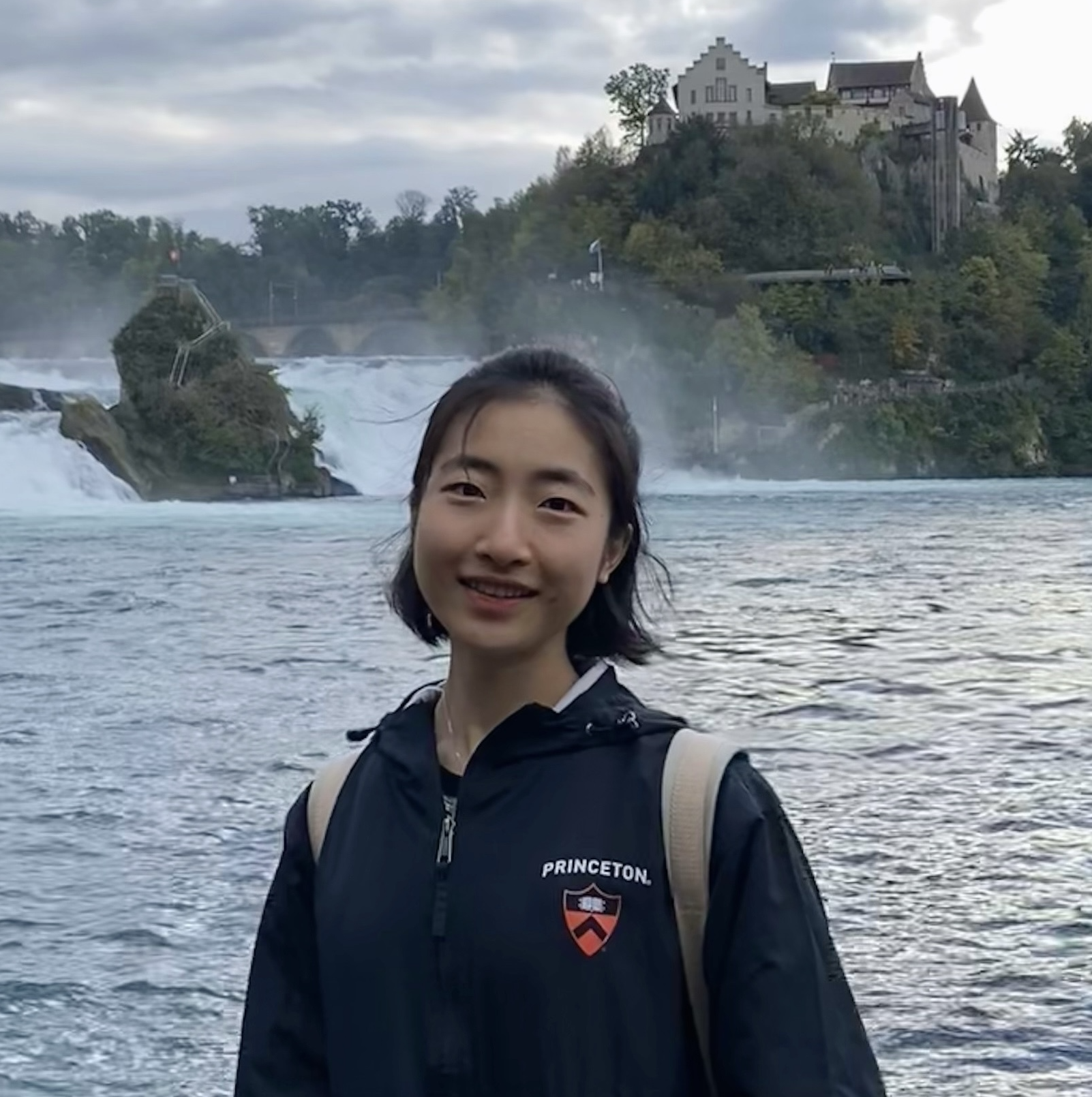Research
1. Viscosity Solutions for Hamilton-Jacobi Equations on Wasserstein Space
We prove comparison principles of the viscosity solutions of Hamilton–Jacobi equations on the Wasserstein spaces.
H. Mete Soner and Qinxin Yan,
Viscosity Solutions for McKean–Vlasov Control on a Torus,
SIAM Journal on Control and Optimization, 60(6):3797–3824, 2022.
Published Version (SIAM)
H. Mete Soner and Qinxin Yan,
Viscosity Solutions of the Eikonal Equation on the Wasserstein Space,
Applied Mathematics and Optimization, 2024.
Published Version (Springer)
2. Large Interacting Particle Systems on Sparse Graphs
We investigate particle systems with singular local interactions through hitting times on sparse graphs, motivated by problems from systemic risk in financial networks.
Yucheng Guo and Qinxin Yan,
Particle Systems with Local Interactions via Hitting Times and Cascades on Graphs,
Preprint, 2025.
arXiv:2505.18448
3. Numerical Methods for Mean Field Optimal Control and Multi-Agent Games
We study numerical methods for solving mean field optimal control problems by leveraging machine learning techniques. A convergence proof based on propogation of chaos and Rademacher complexity is provided. We also discuss universal approximation theorem of the neural networks on Wasserstein spaces.
H. Mete Soner, Josef Teichmann, and Qinxin Yan,
Learning Algorithms for Mean Field Optimal Control,
Preprint, 2025.
arXiv:2503.17869
We study Markov perfect equilibria in continuous-time dynamic games with finitely many symmetric players. We prove the convergence of both Picard and weighted Picard iterations, yielding efficient computational methods. Numerical experiments confirm the effectiveness of algorithms based on this approach.
Felix Höfer, Mathieu Laurière, H. Mete Soner, Qinxin Yan, Iterative Schemes for Markov Perfect Equilibria, Preprint, 2025. arXiv:2507.20898
